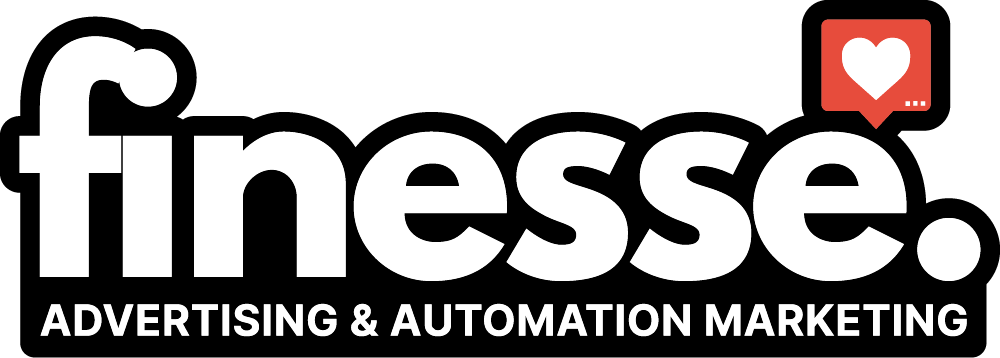For Business Owners & Agencies
Facing Disruptions With Their Advertising
There are several reasons why Facebook suspends accounts, and two main causes could have led to this suspension.
You have violated or appear to have broken a Facebook Ads Policy or something in their terms and conditions.
There is something suspicious in the behavior of your account, be it billing or otherwise.
The process seems quite simple, but the reasons are endless when broken down to the policy level. For most, finding the offense is like finding a needle in a haystack. To explain further, I have listed below the most common suspension types in no particular order concerning Facebook Ads.
The list of items below could be the reason Facebook suspended your account.
Although these aren't all the reasons, the ones listed are the most common. The reasons Facebook gives can often be too vague and can cover the account or site violations. Attempting to reinstate alone can often take time and effort.
Facebook is more apt to believe its system than the one that was suspended by it. We aim to determine why the system suspended you and help make it right.
When appealing, remember that there must be a valid reason for the violation and why it happened in the first place to ensure you won't appear as a repeat offender.
With a vast knowledge of how Facebook runs, their policy, how they think, and how the ads system scans, you will quickly get reinstated. Take the time to read Facebook's policies and run a clean account. Choose the safe option if you need help with what goes with and against the policies.
Appealing alone can often be frustrating because Facebook offers little help. Since people are looking to figure out Facebook's algorithm, they are strict about what information is directly given out.
Violating Facebook’s Ad Policies:
This includes promoting illegal products or services, misleading advertising, and infringing on intellectual property rights.
Suspicious Activity:
Activities such as logging in from different IP addresses, changing payment methods frequently, or drastic budget increases can trigger Facebook’s security systems.
Unusual Payment Activity:
Issues like late payments, using a payment method that doesn’t match the account’s location, or having multiple failed payment attempts can lead to suspensions.
High Negative Feedback:
Receiving a high percentage of negative feedback from users on your ads can result in account suspension.
Repeated Policy Violations:
Continuously violating Facebook’s ad policies, even after warnings, can lead to permanent account disabling.
Unclear or Misleading Landing Pages:
Ads that lead to landing pages that are unclear, misleading, or violate Facebook’s guidelines can cause account suspensions.
Using Prohibited Content:
Ads containing sensational, shocking, or disrespectful content, or those that imply personal attributes, can be flagged and lead to account disabling.
Multiple Accounts:
Managing multiple Facebook accounts, especially if they are used to manage the same business page, can result in suspensions due to policy violations.
Automated System Flags:
Facebook’s automated systems may flag accounts for various reasons, including unusual patterns or activities that seem suspicious, even if they are legitimate.
Failure to Comply with Regional Guidelines:
Ads that do not comply with specific regional guidelines, such as those for regulated products like tobacco or gambling, can lead to account suspensions.
Facebook believes it's up to you to figure out why you got suspended and expects you to fix it alone. Going through your site alone to locate the issue can be very time-consuming, as well as Facebook's support pages which can often be hard to understand for those who aren't advertising experts. No matter the suspension, be cautious not to do anything to compound the problem. Everything done from the point of rest onward can permanently mark your account and do more harm than good for your reinstating.
We are experts with Facebook's policies and an excellent reinstating source. Our fees are fair, response time is fast, easy to work with, and we offer support if a suspension occurs again. The bottom line is that we have the speed, ability, and experience that make us a great choice. We know how to fix Facebook ads suspensions for you!
2 Column
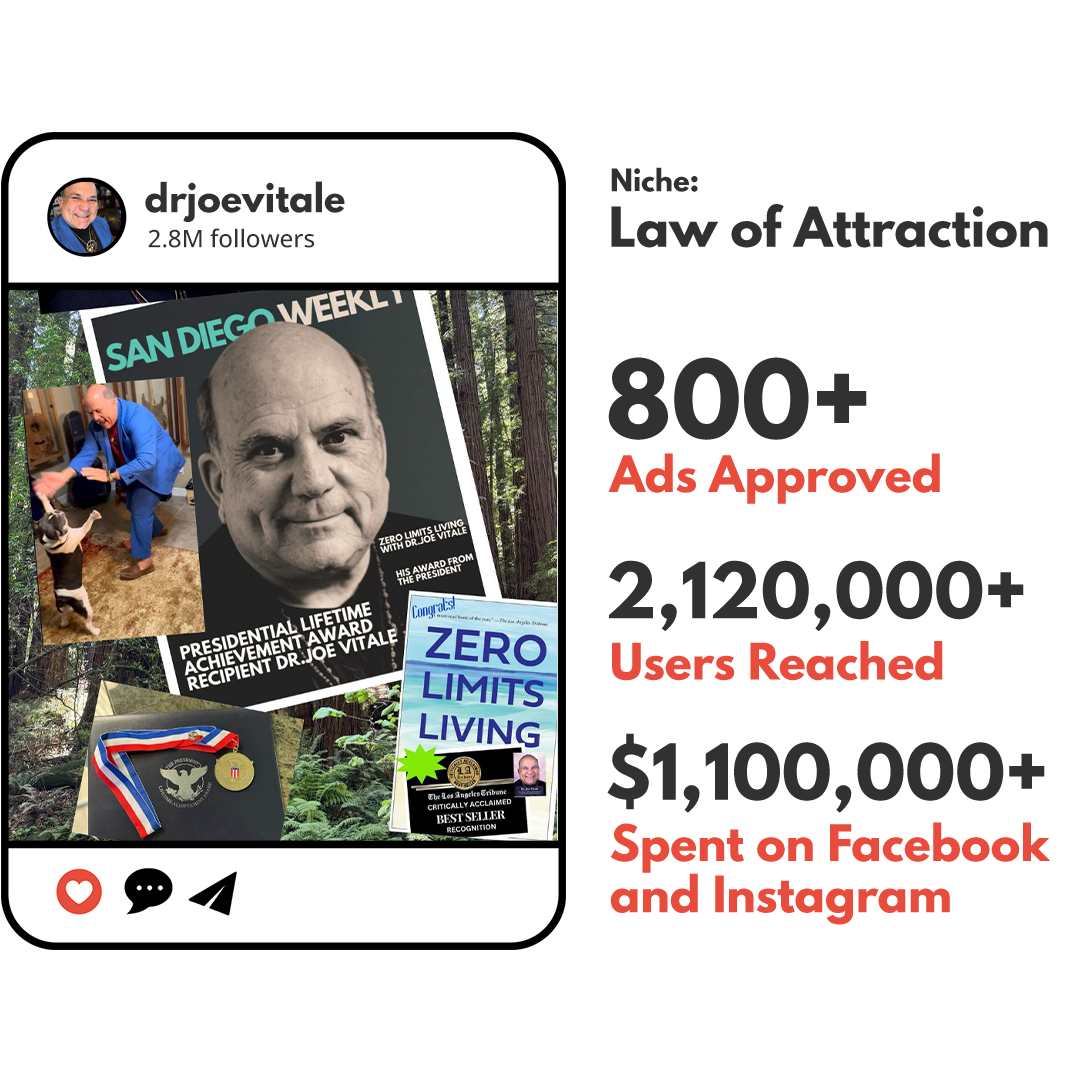
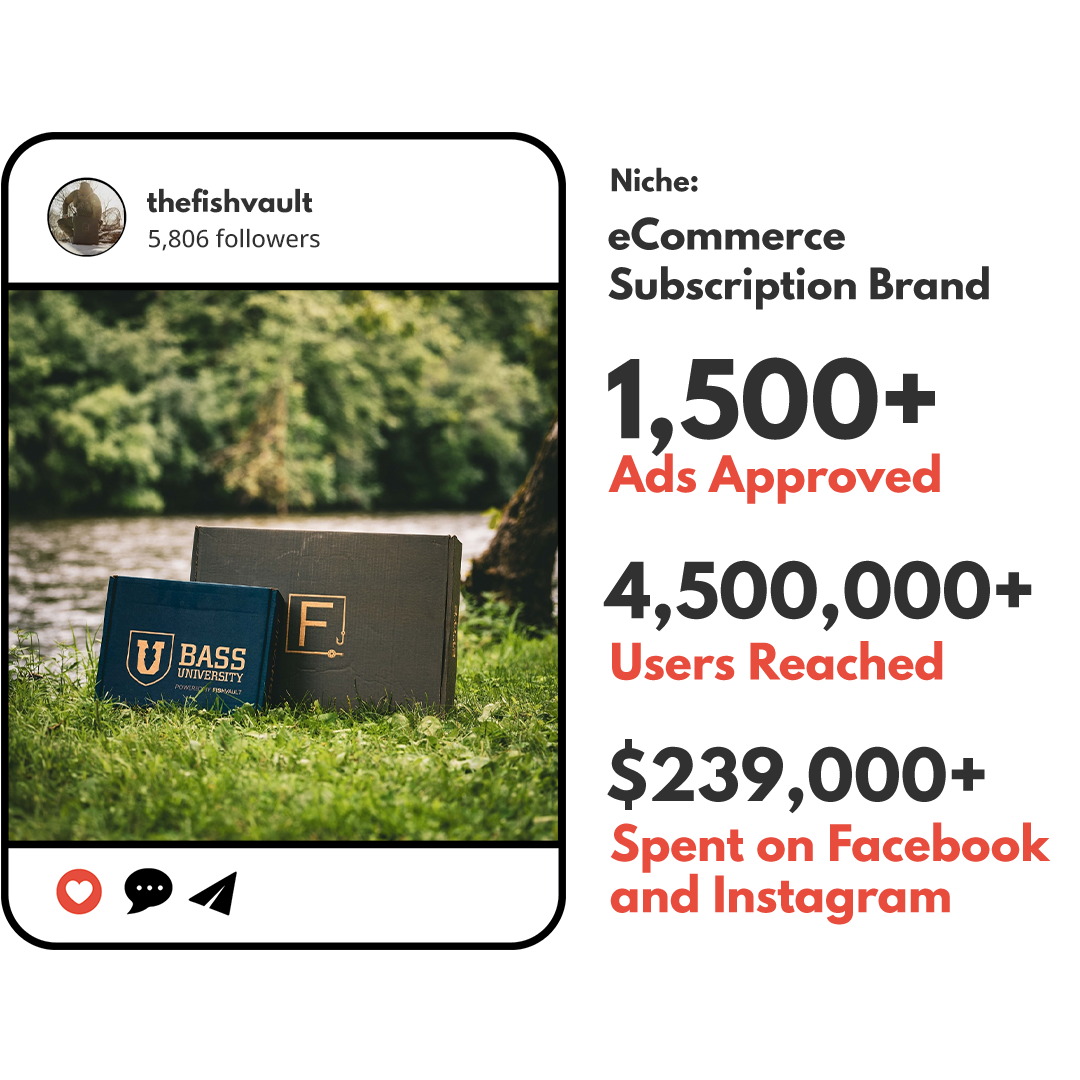
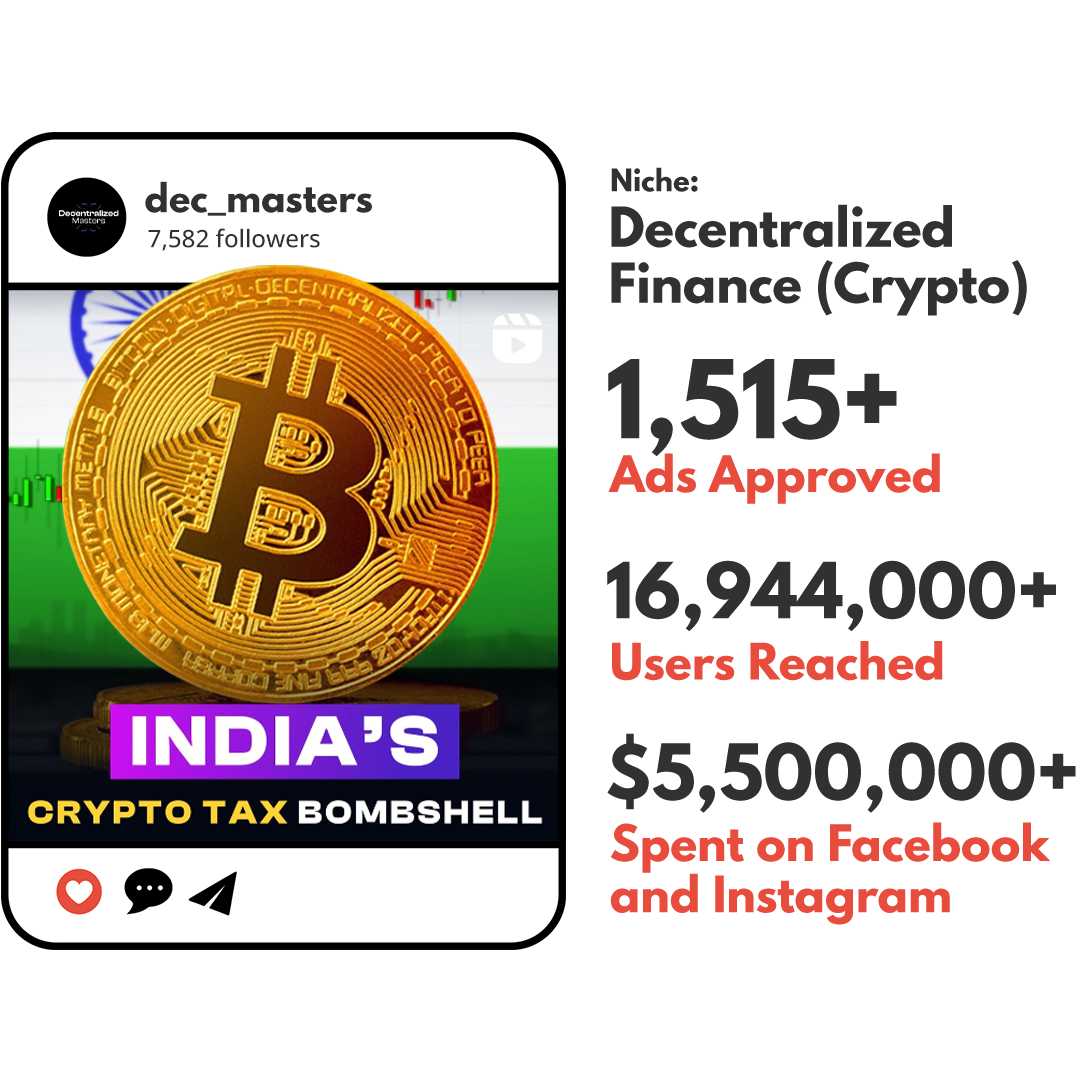
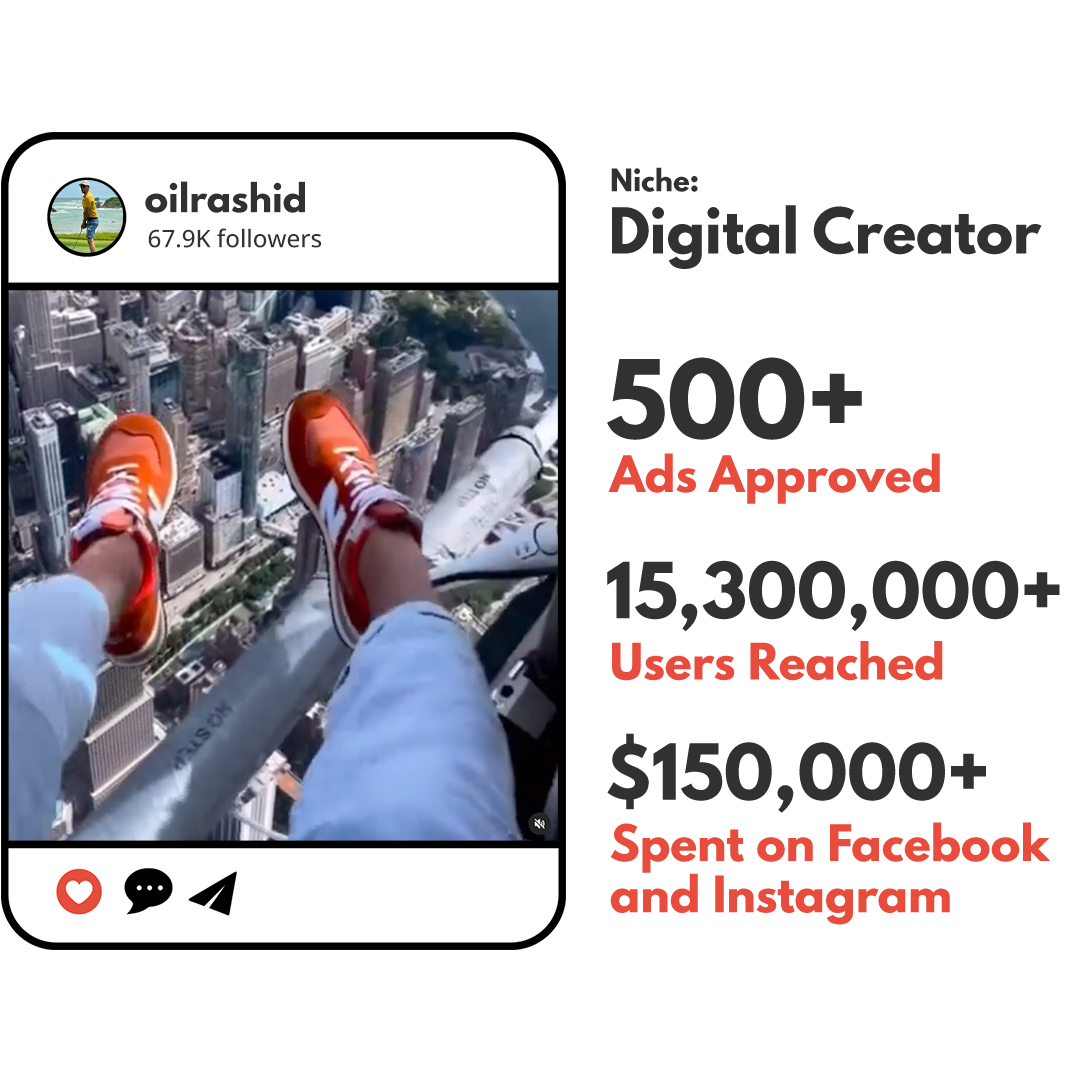
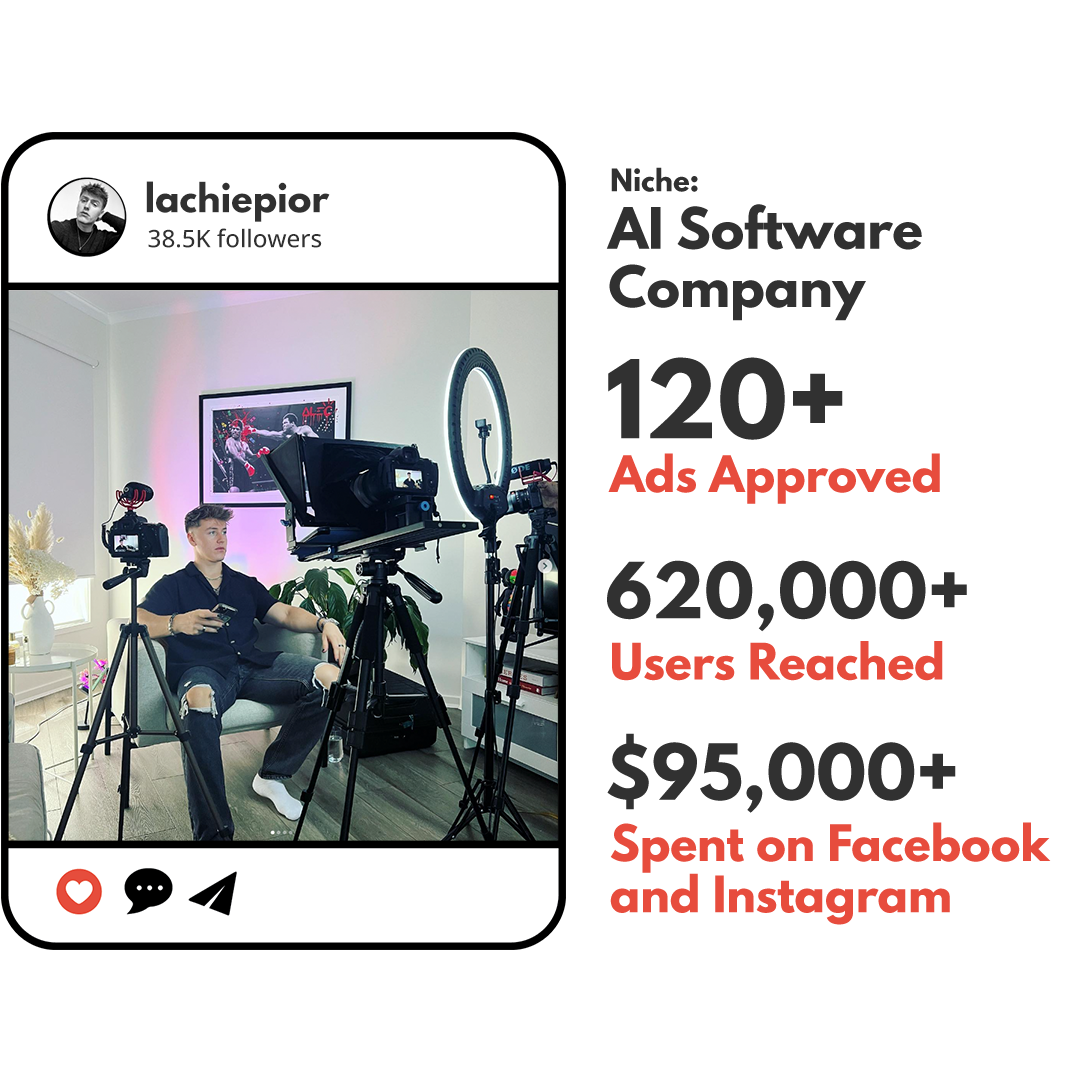
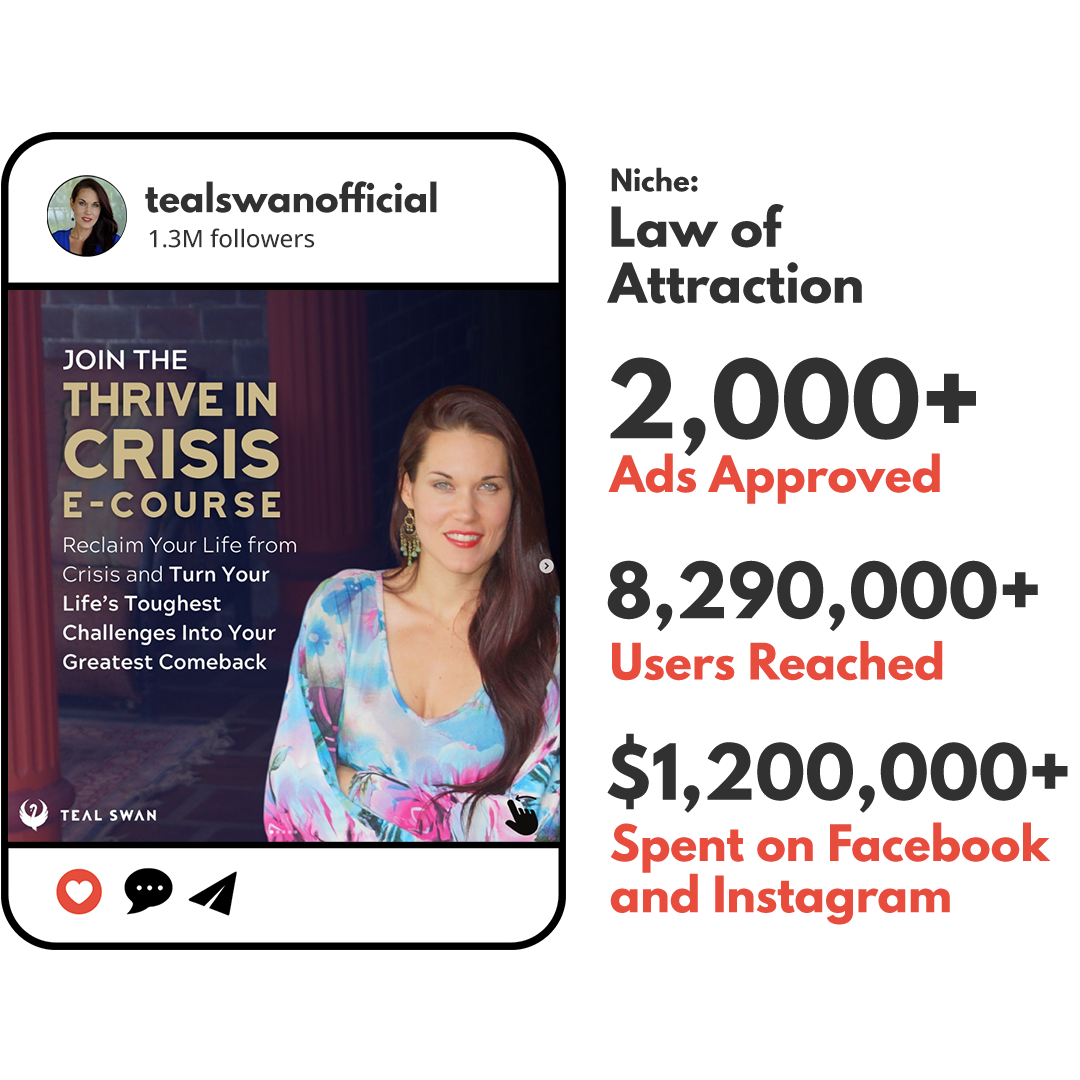
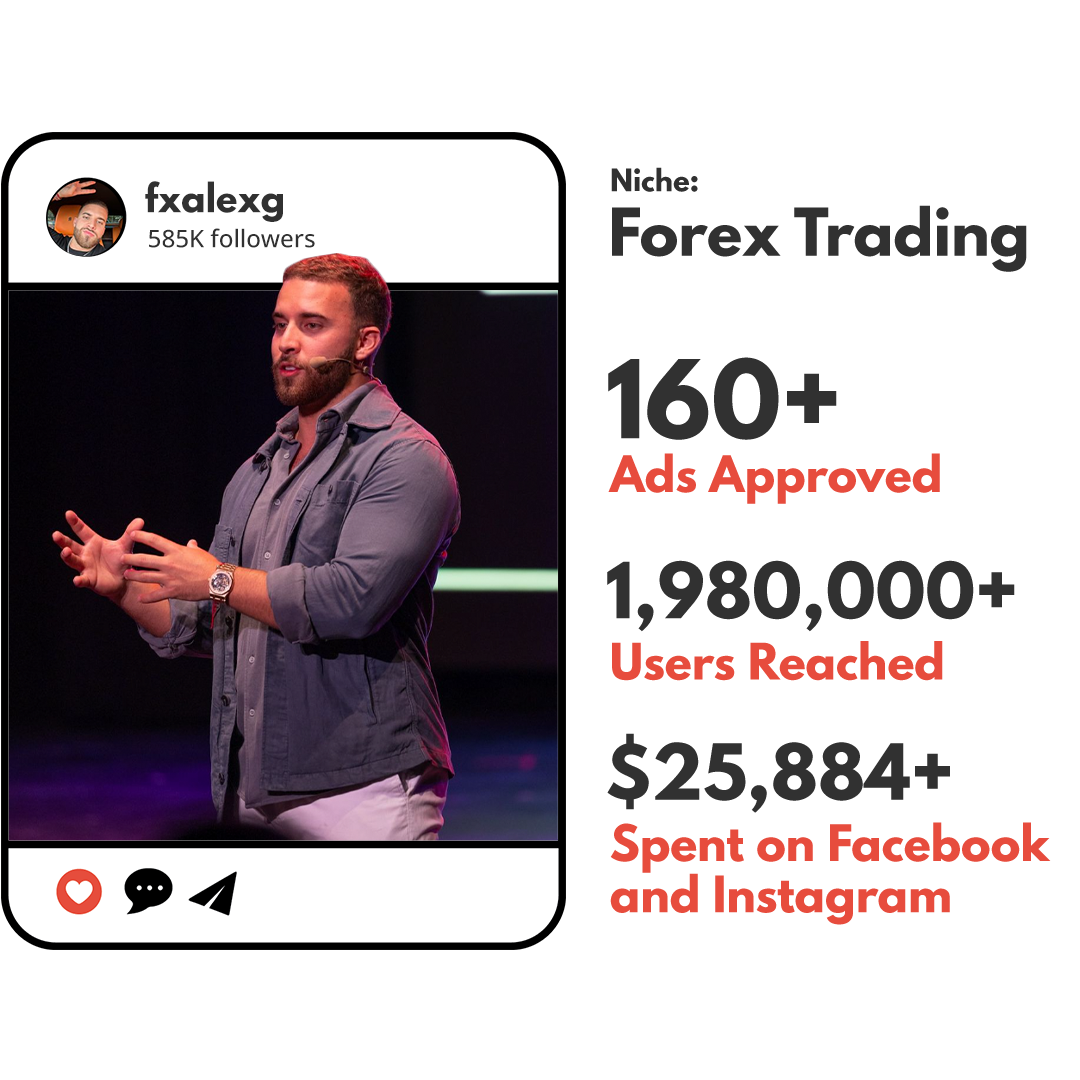
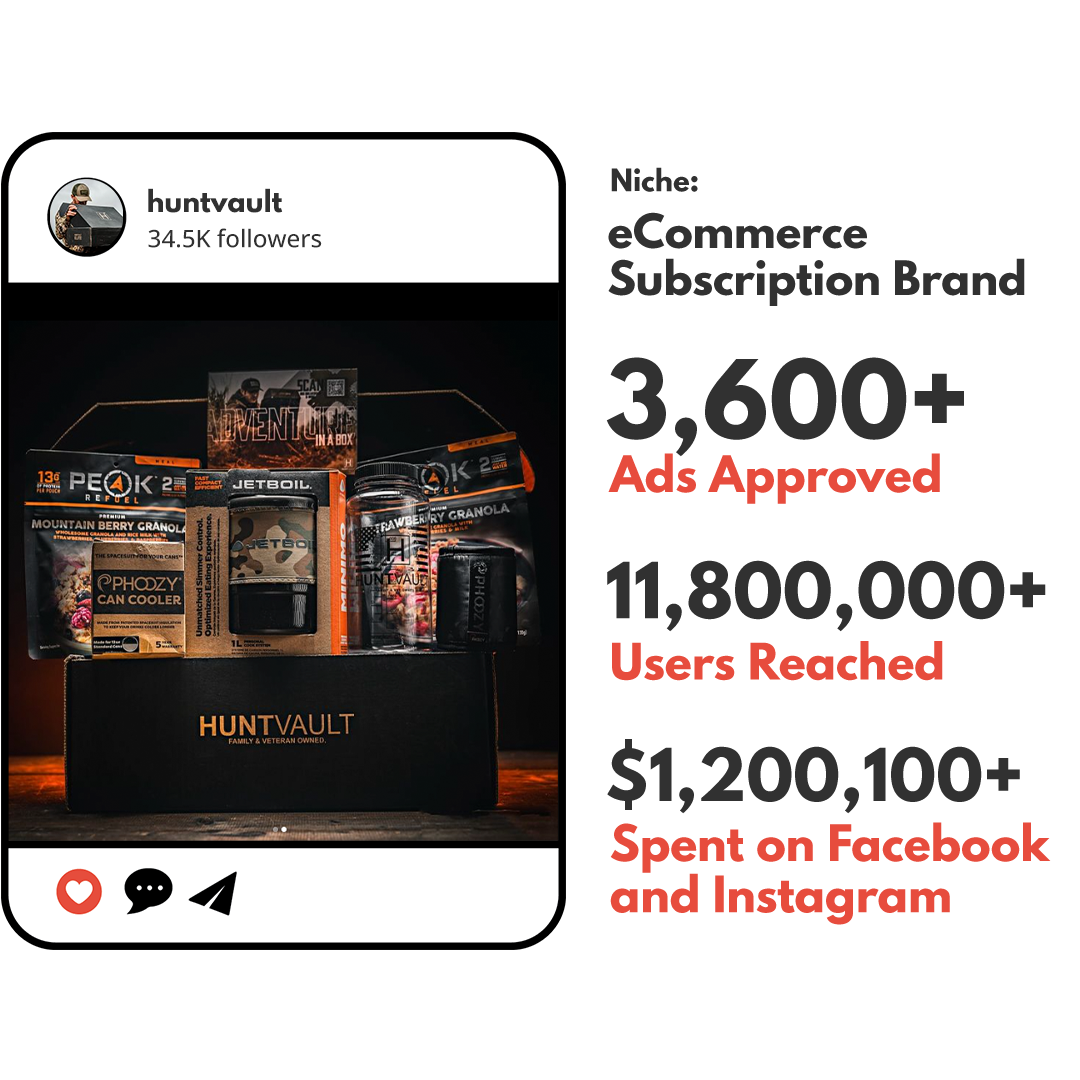
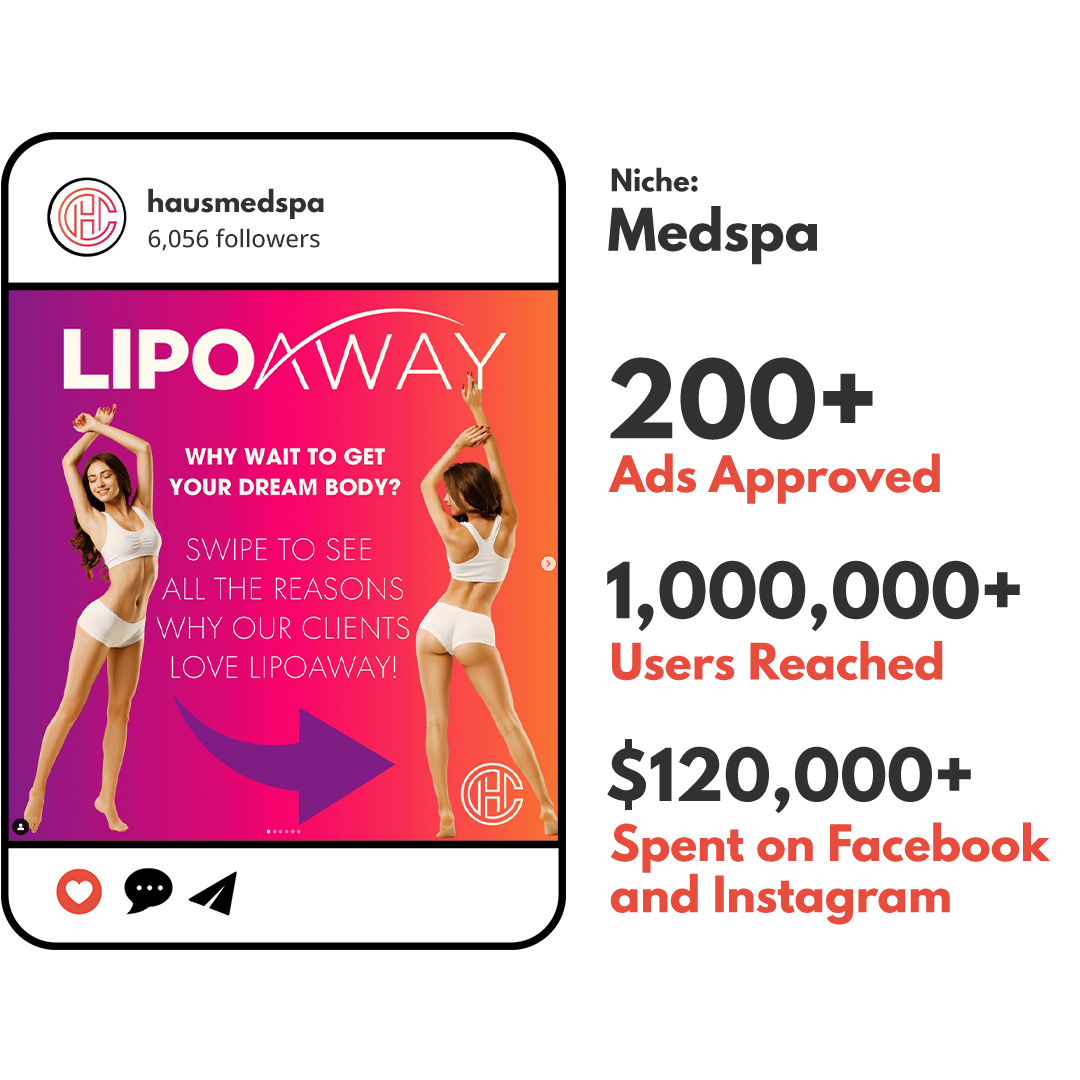
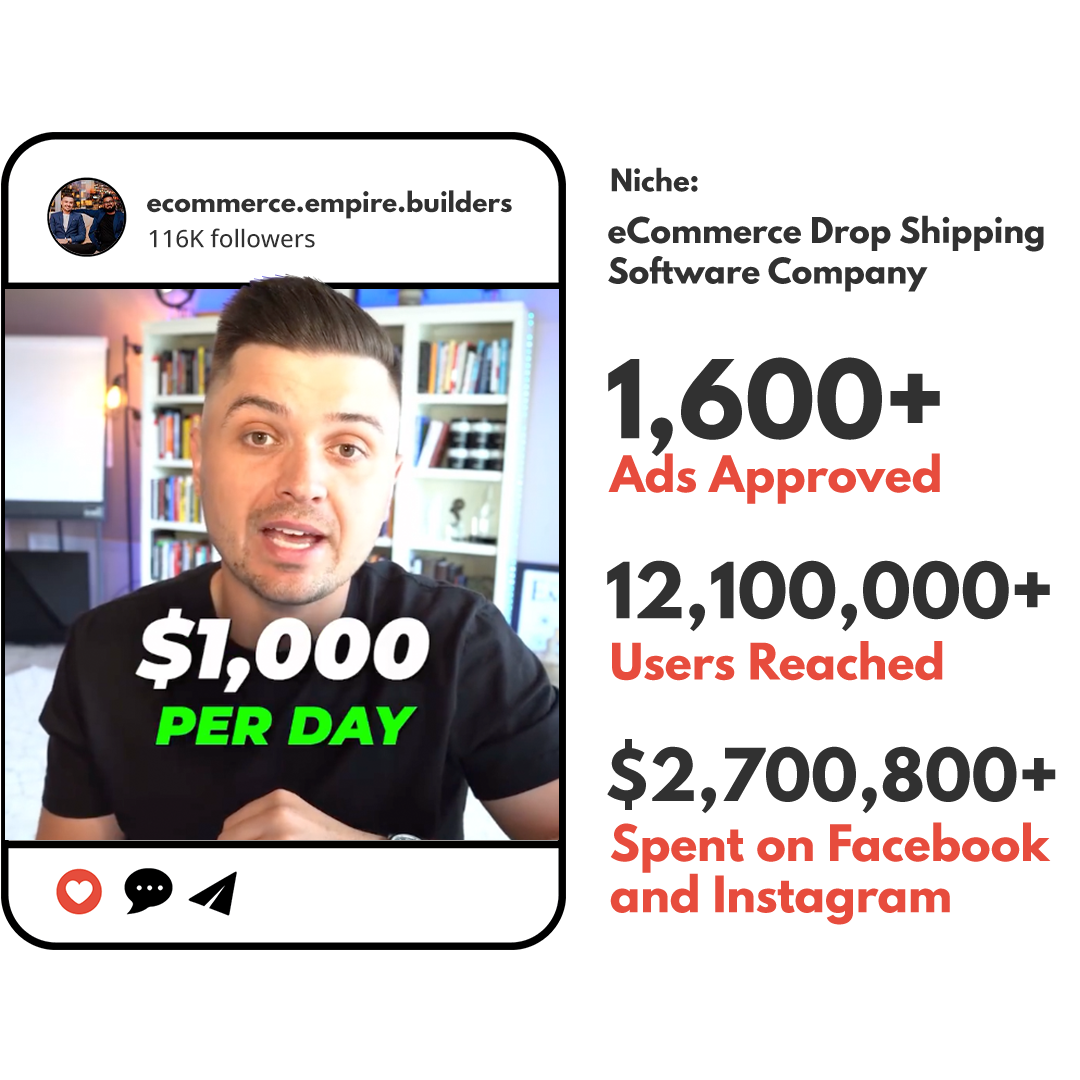
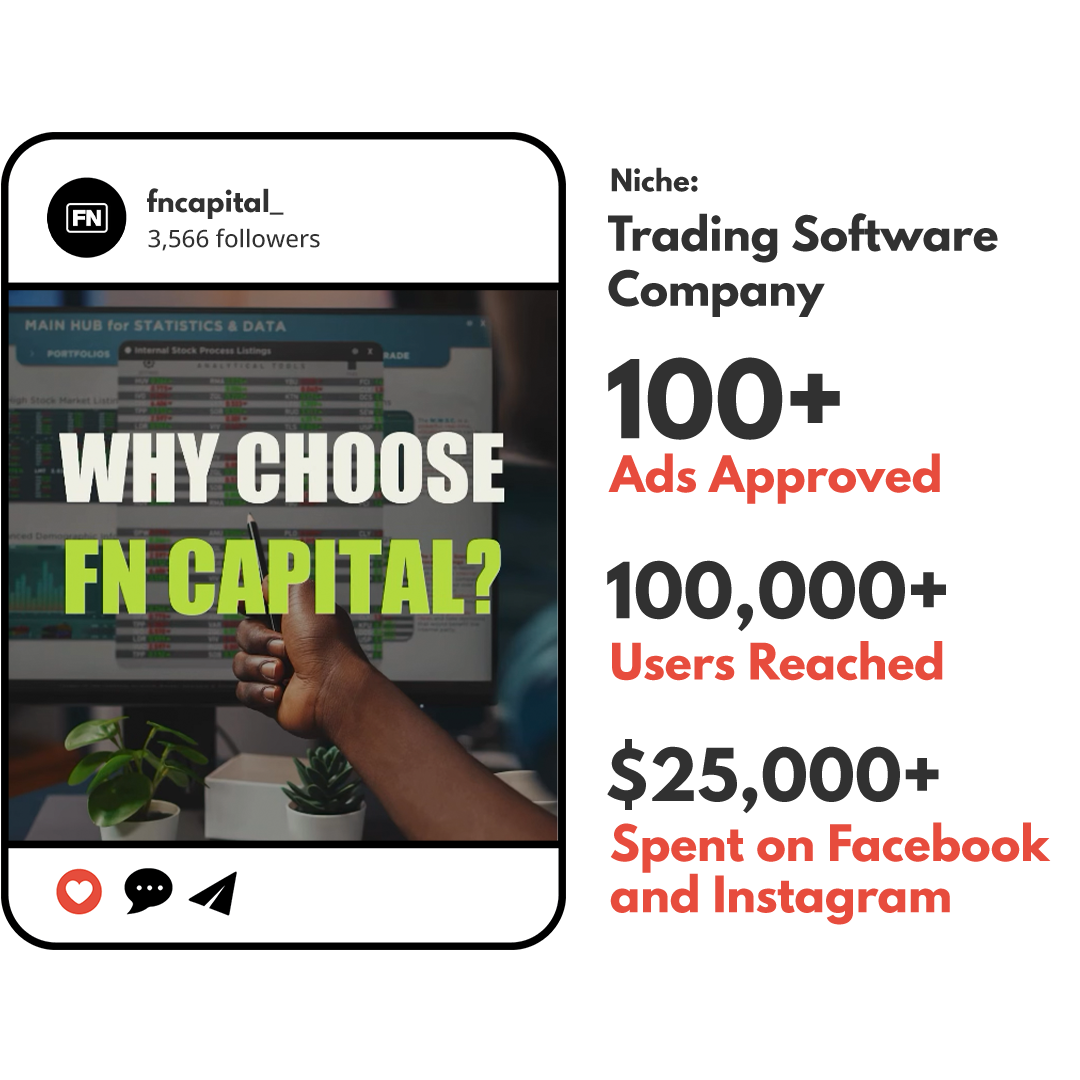
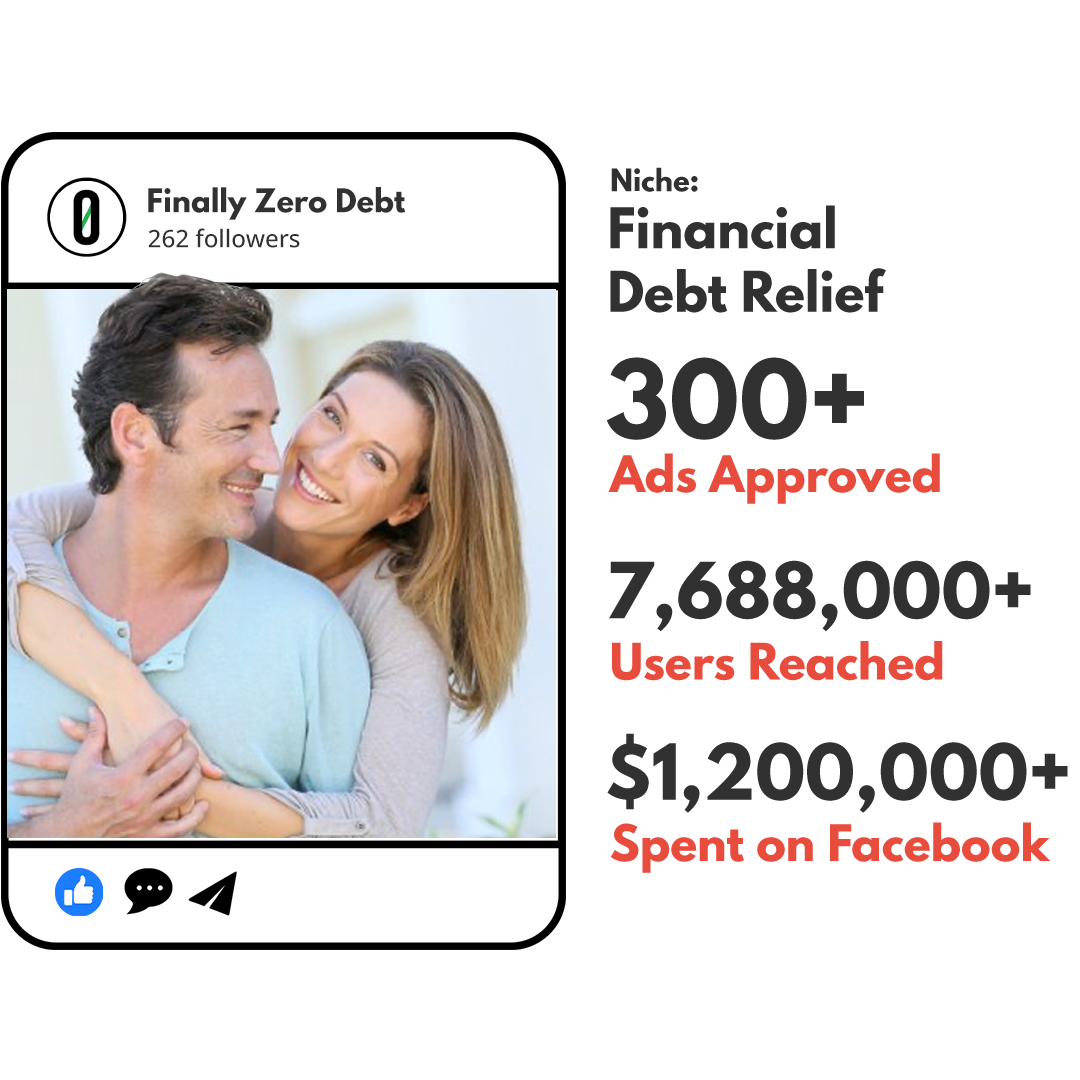
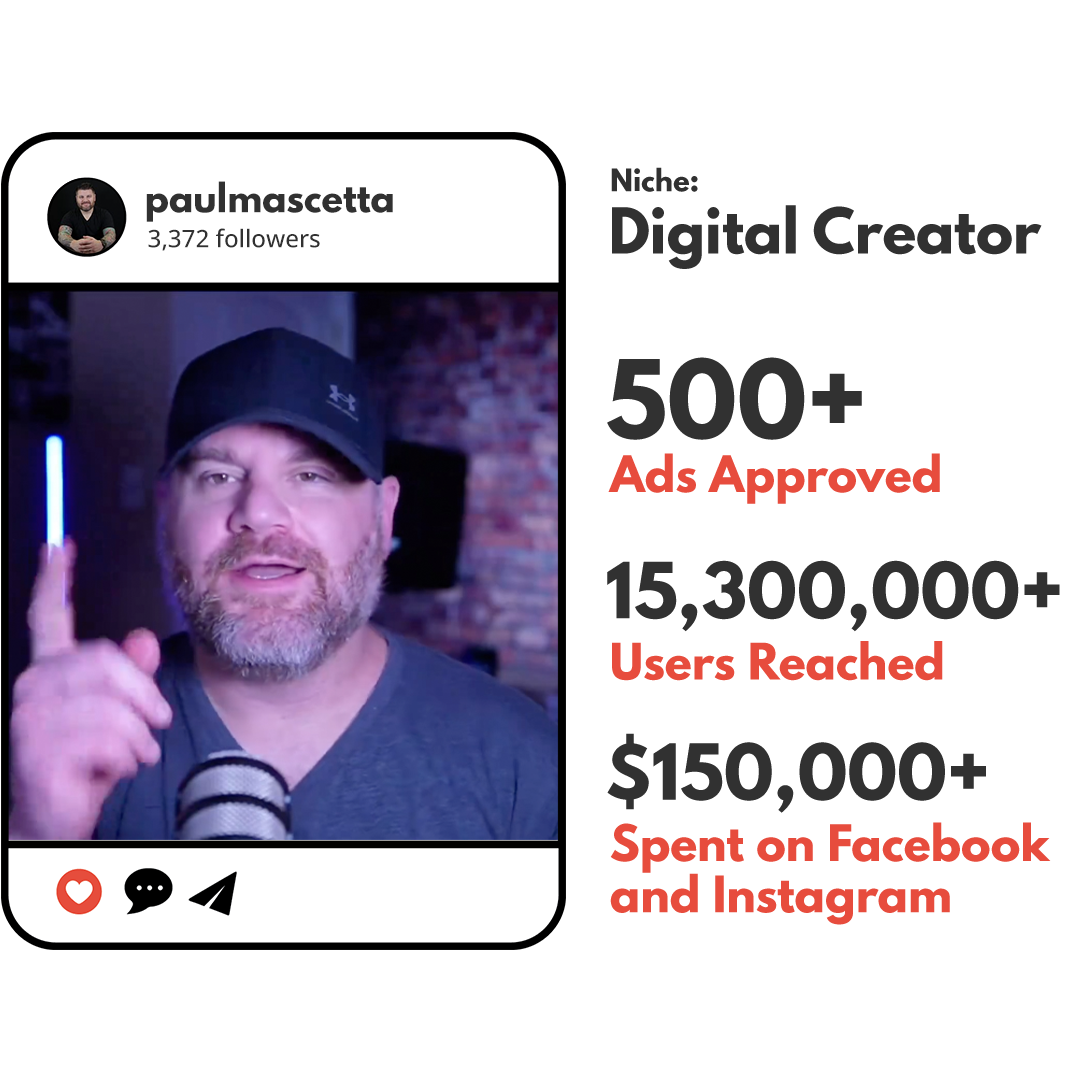
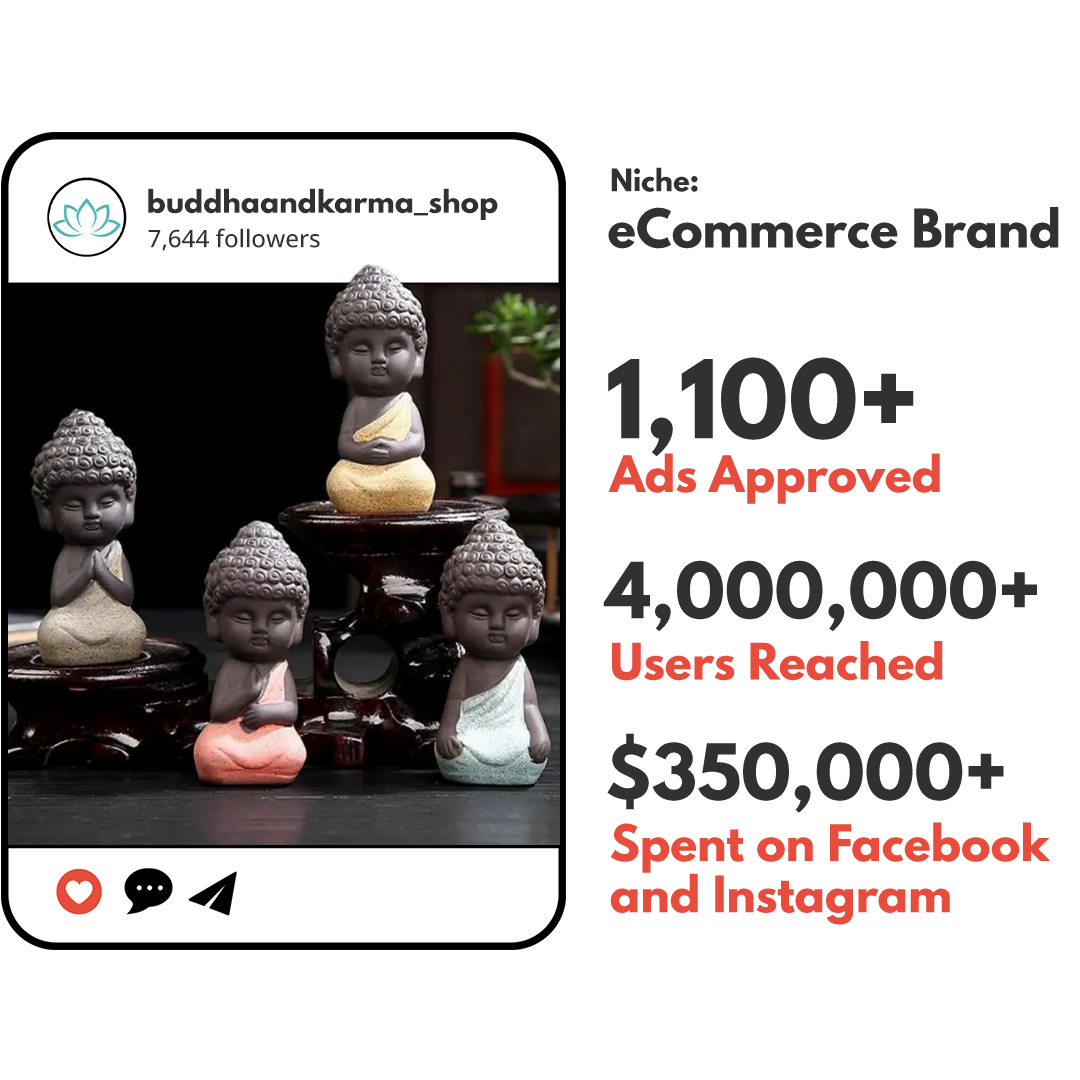
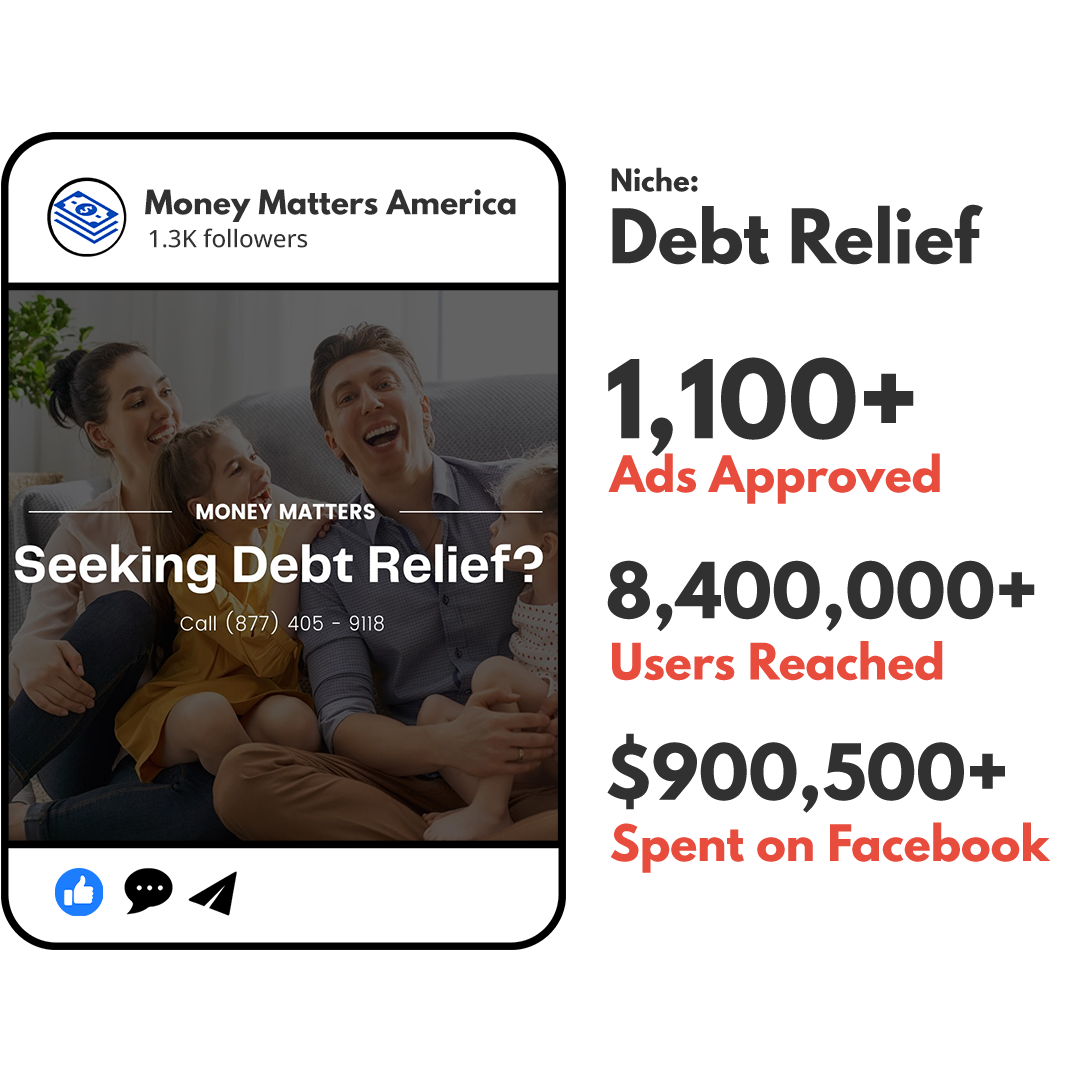
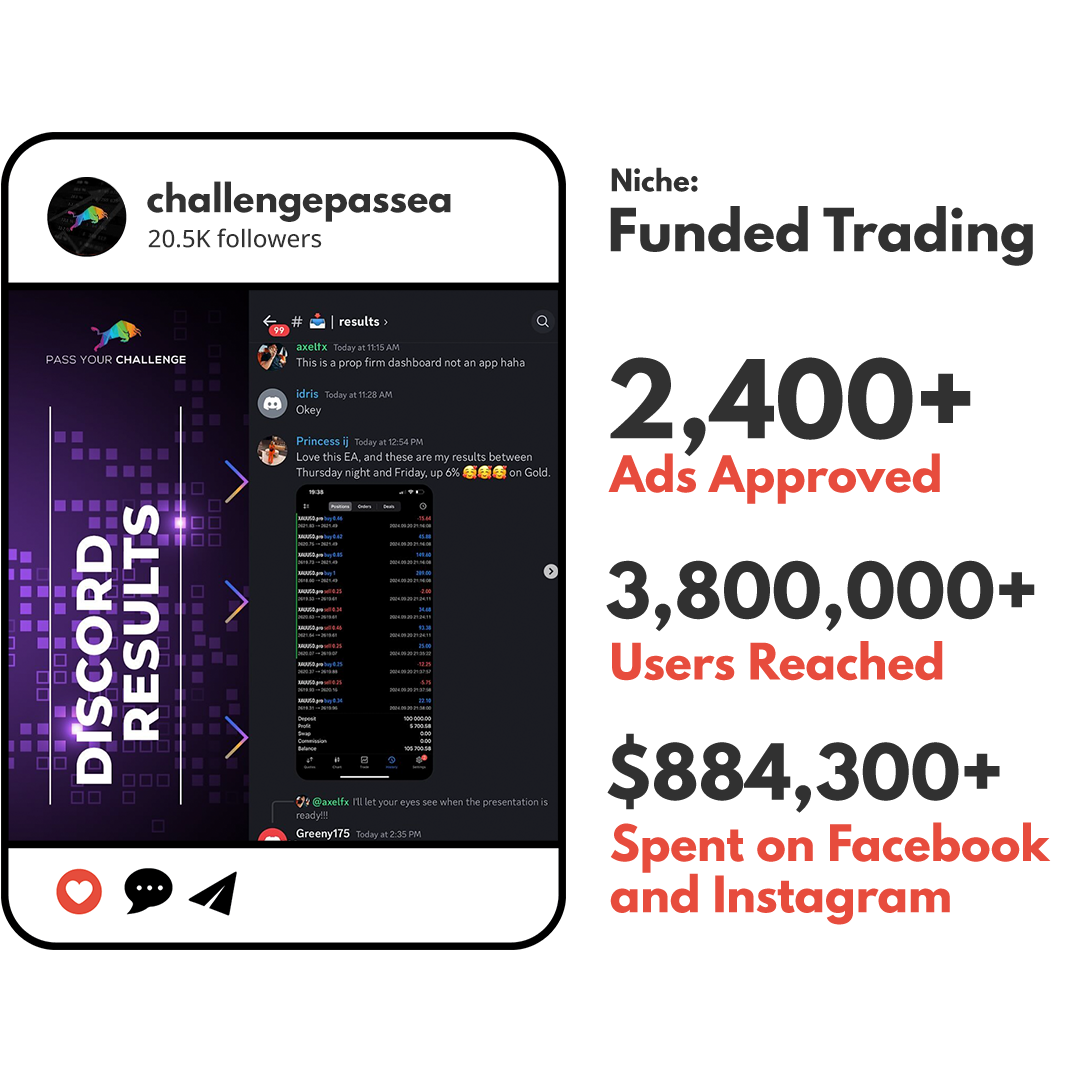
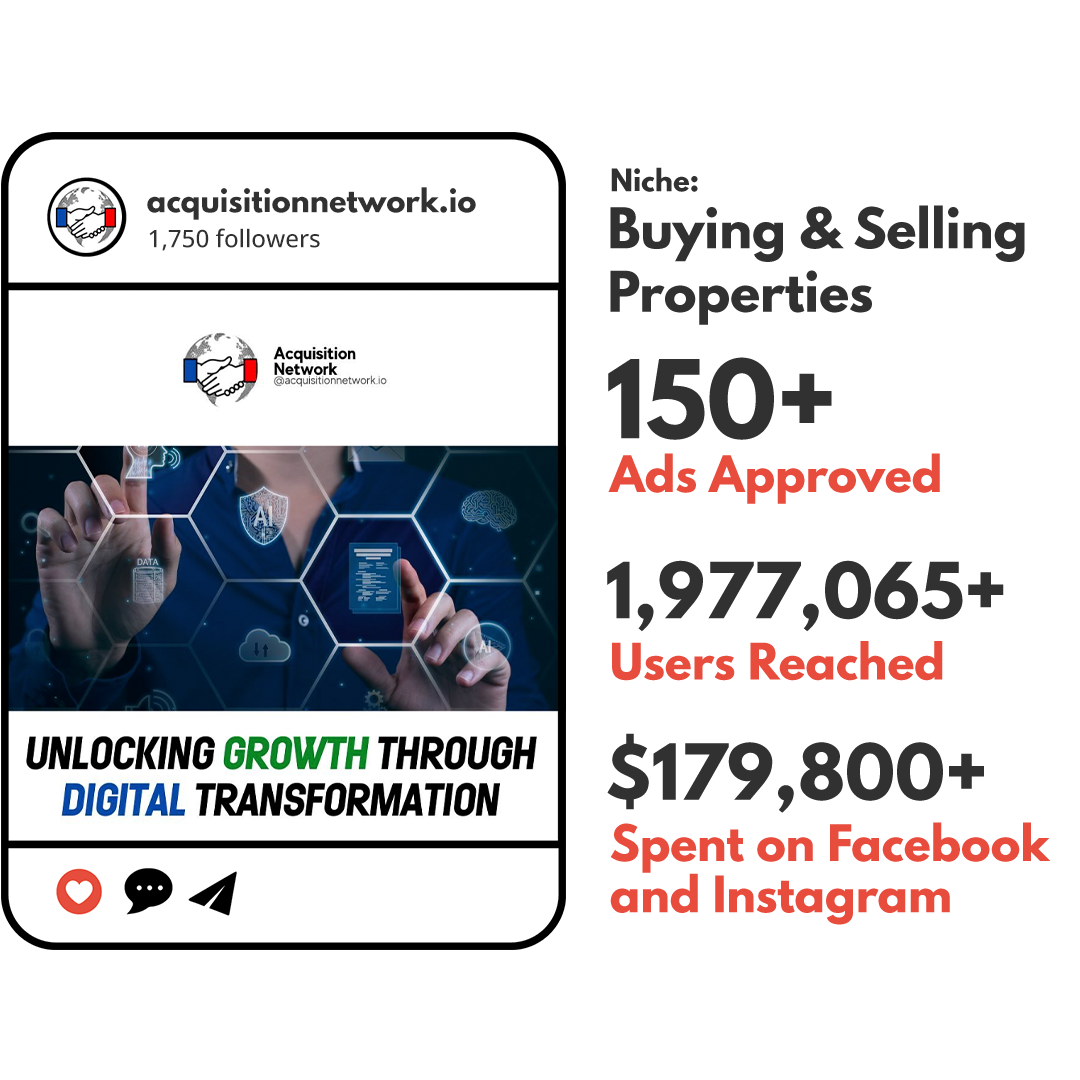

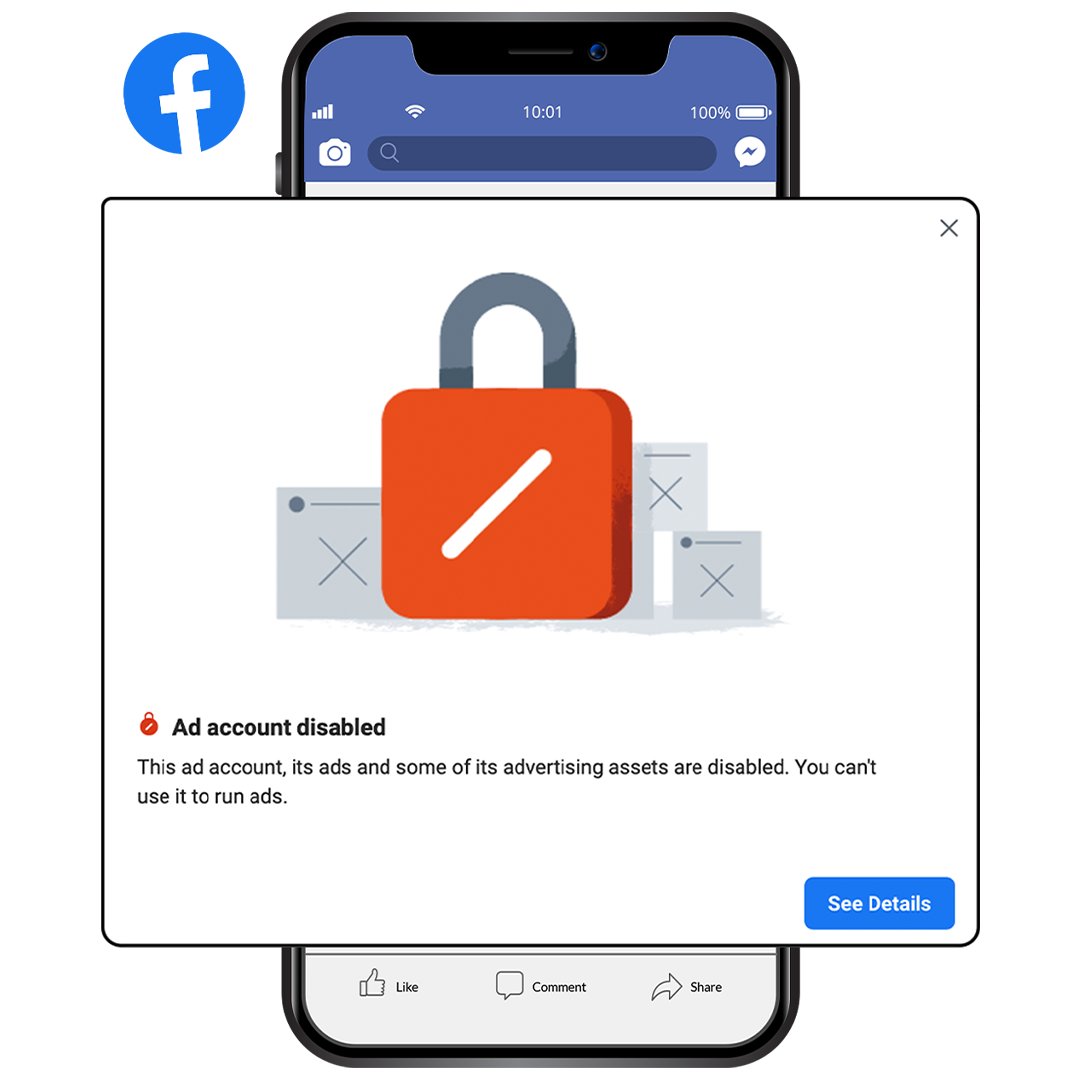
Facebook Agency Ad Accounts
Say goodbye to daily spend limits, account disables, restrictions, and ad rejections.
Unlimited Ad Spend: Scale your campaigns without worrying about daily limits.
Seamless Compliance: Stay compliant with Facebook's policies and avoid disruptions with our support.
Expert Support: Get guidance and support from our team for operational, API & Technical Support
Data-Driven Performance: Harness the power of data for optimal ad performance.

Best practices for selecting keywords for ad copy. Optimizing Ad Copy for SEO
Best practices for selecting keywords for Ad Copy
Optimizing Ad Copy for SEO

When it comes to advertising on Facebook, understanding the platform’s algorithm is crucial for success. The Facebook algorithm determines which ads are shown to which users, how frequently they appear, and ultimately, how much engagement and visibility they receive. By aligning your SEO strategy with the algorithm’s priorities, you can significantly improve your ad performance.
1. Understand Your Audience's Search Intent
Before you select keywords, it’s essential to know your audience's needs and how they search. For businesses in Scottsdale, Tempe, and Phoenix, search intent varies from informational to transactional. Use tools like Google Keyword Planner or SEMrush to discover what your audience is searching for and craft ad copy around these queries.
2. Focus on Long-Tail Keywords
In highly competitive markets like Phoenix, long-tail keywords are often less expensive and more effective at capturing user intent. Instead of broad terms like “ad copy,” try more specific keywords like “best practices for keyword selection in ad copy.” Long-tail keywords are especially valuable for SEO as they often reflect more specific queries, resulting in better match quality.
3. Include Location-Specific Keywords
For local businesses, location-based keywords are essential. Keywords like “SEO services in Scottsdale” or “Ad copywriting in Tempe” help attract local traffic and rank higher in searches. These keywords can be incorporated naturally into your headlines, descriptions, and ad extensions to boost local SEO.
4. Mix Broad and Exact Match Keywords
Using a combination of broad match and exact match keywords allows you to capture a wider audience while maintaining relevance. For example, using “ad copy optimization” in broad match can help you reach a wider audience, while exact match keywords like “best practices for keyword selection in ad copy” ensure your ads appear in highly targeted searches.
5. Regularly Review and Optimize Keyword Performance
Keyword trends change, and it’s important to monitor performance through tools like Google Ads or Facebook Pixel. Reviewing search term reports and optimizing underperforming keywords ensures you’re always targeting the most effective keywords, improving both your ad performance and SEO over time.
Conclusion
In conclusion, optimizing your ad copy with the right keywords is a fundamental step in enhancing your SEO and driving better results in competitive areas like Scottsdale, Tempe, and Phoenix. By understanding your audience’s intent, focusing on long-tail and location-specific keywords, and regularly reviewing your performance, you can ensure that your ads not only reach the right people but also rank well. Implement these best practices for keyword selection in ad copy to boost your ad performance and SEO success.
Want to learn more about the Best practices for selecting keywords for ad copy. Optimizing Ad Copy for SEO?
Learn more today and start attracting more customers to your local business!
Don't miss out on our new blogs at adswithfinesse.com.

© 2024 Ads with Finesse | Terms & Conditions | Privacy Policy
Ads With Finesse continually stays up to date with Meta & Google marketing changes related to policies, tools, products and more.
